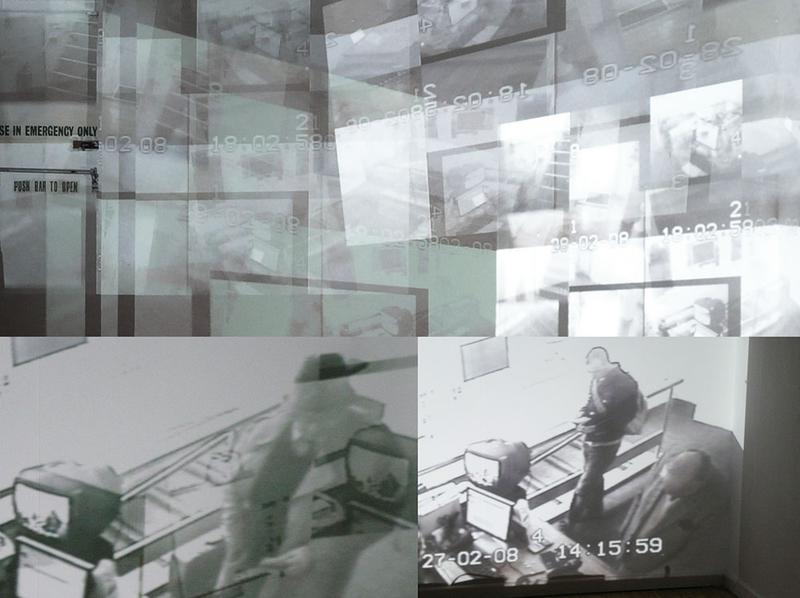As President of the United States, Donald Trump sought to “normalize” the world’s relationship to Israel after decades of resistance to its irredentist violence. The goal of these efforts is not only to reposition Israel as a “normal” member of the international community; rather, it serves as an endorsement of Israel’s diplomatic campaign to diffuse dangerous spyware technologies to US allies across the world.
Two months ago, Colombian President Gustavo Petro ordered an investigation into the purchase of Israeli surveillance software under his predecessor Iván Duque. This call came after Petro administration learned that Colombia's police intelligence directorate (Dipol) had paid $5.5m each to Israeli surveillance firm NSO, which had developed the spyware with staff recruited from the Israeli Military Intelligence Directorate.
Although initially denying that such a deal ever took place, NSO spokespersons have since confirmed that the purchase, in fact, did take place — with millions of dollars changing hands at the El Dorado Airport in Bogotá. According to recent leaks in Colombia, the sale was allegedly financed by the United States under the banner of “security cooperation.”
But looking beyond the dubious methods of the deal, additional questions have emerged about the deployment of the Pegasus software in Colombia. Who were they spying on? Importantly, how did they influence military, political and economic policies based on the information they illegally acquired?
The Colombia deal is particularly nefarious because several of NSO Group's surveillance products have been tested and used against Palestinians. NSO Group even advertises the benefits of this "hands-on" training from Israeli veterans who have used Pegasus and other phone hacking products against Palestinians while selling its products to other states.
Despite the Pegasus scandal—which exposed NSO Group's illegal surveillance of over 50,000 individuals, including activists, journalists, and politicians—Israeli cyber-surveillance tools continue to be widely deployed globally. These tools often target activists and political opponents.
These networks, forged through purchase and sale of spyware, also shelter the people involved in the deals. In 2019, Tomás Zerón, the former head of Mexico’s Criminal Investigation Unit implicated in tampering with the investigation of 43 missing students, fled to Israel, where he remains protected from extradition. His escape highlights deep ties with Israeli cyber-surveillance networks, particularly firms like Rayzone, whose leaders and technologies Zerón previously used for intelligence and surveillance in Mexico.
In 2023, journalists uncovered "Team Jorge," a clandestine group of Israeli contractors using cyber-hacking and misinformation to influence over thirty elections globally, largely serving private interests. Led by Tal Hanan, CEO of Demoman International, Team Jorge operates with high secrecy, leveraging advanced software, A.I.M.S., to generate thousands of fake social media profiles for targeted disinformation. The group’s efforts included hacking phones and manipulating public opinion across elections in countries like Kenya, Nigeria, Ecuador, and beyond, often in collaboration with other firms, including Cambridge Analytica.
One year into the genocide in Gaza, many are wondering how it is possible that Israel maintains its diplomatic position on the world stage. Why have so few countries taken steps to break their ties and condemn Israel’s rogue behavior? Surveillance technology helps to answer these questions.
Israeli companies, many run by ex-military officials, thrive on these close government ties, leveraging spyware like Pegasus for diplomatic influence. And the US, both a regulator and benefactor, utilizes similar surveillance tools domestically and internationally, reinforcing relationships with Israeli firms.
The Reactionary International is more than a clique of crazy right-wing politicians. It is a tightly connected network of state and private sector actors that have coordinated — among other nefarious things — to construct an extensive global surveillance ecosystem.
Only by taking stock of that digital infrastructure can we begin the task of dismantling it — and rebuild an international order that recognizes Israel’s rogue behavior as anything other than “normal.”


